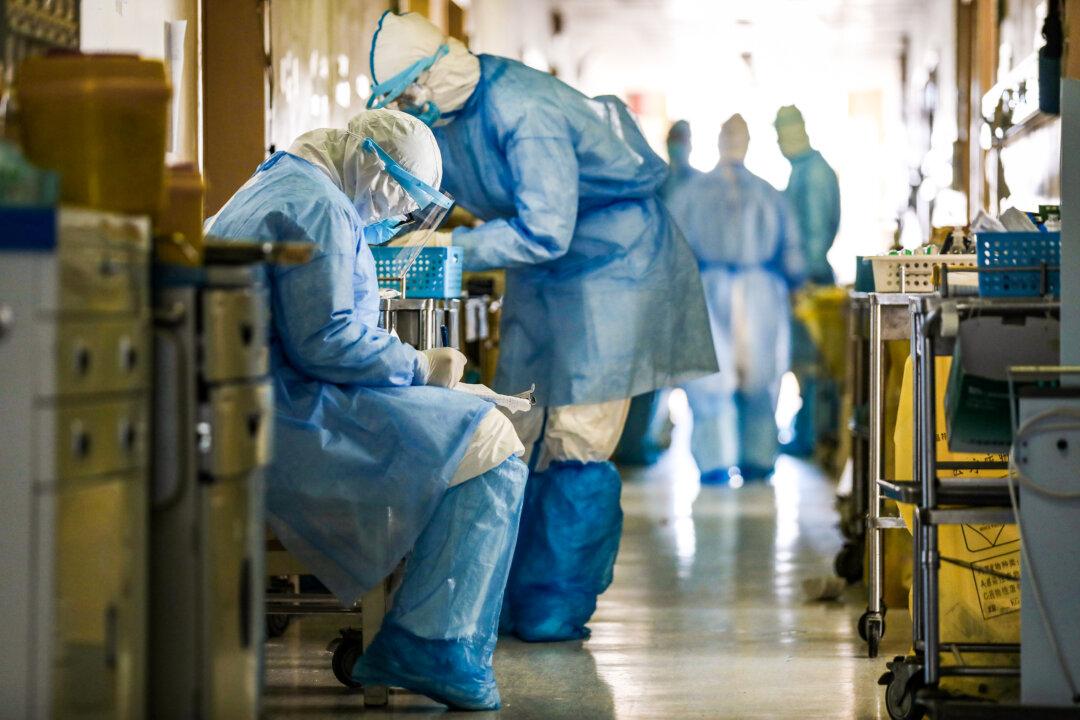A China-based researcher had already mapped the COVID-19 sequence two weeks before China’s ruling communist regime revealed such details to the world, raising questions about what other crucial pandemic information Beijing may have buried from view.
Documents released by the House Energy and Commerce Committee reveal that Ren Lili, a current Beijing-based recipient of U.S. federal grants through the New York nonprofit research group EcoHealth Alliance, uploaded COVID-19 sequencing data to a U.S. government genetic database on Dec. 28, 2019.





